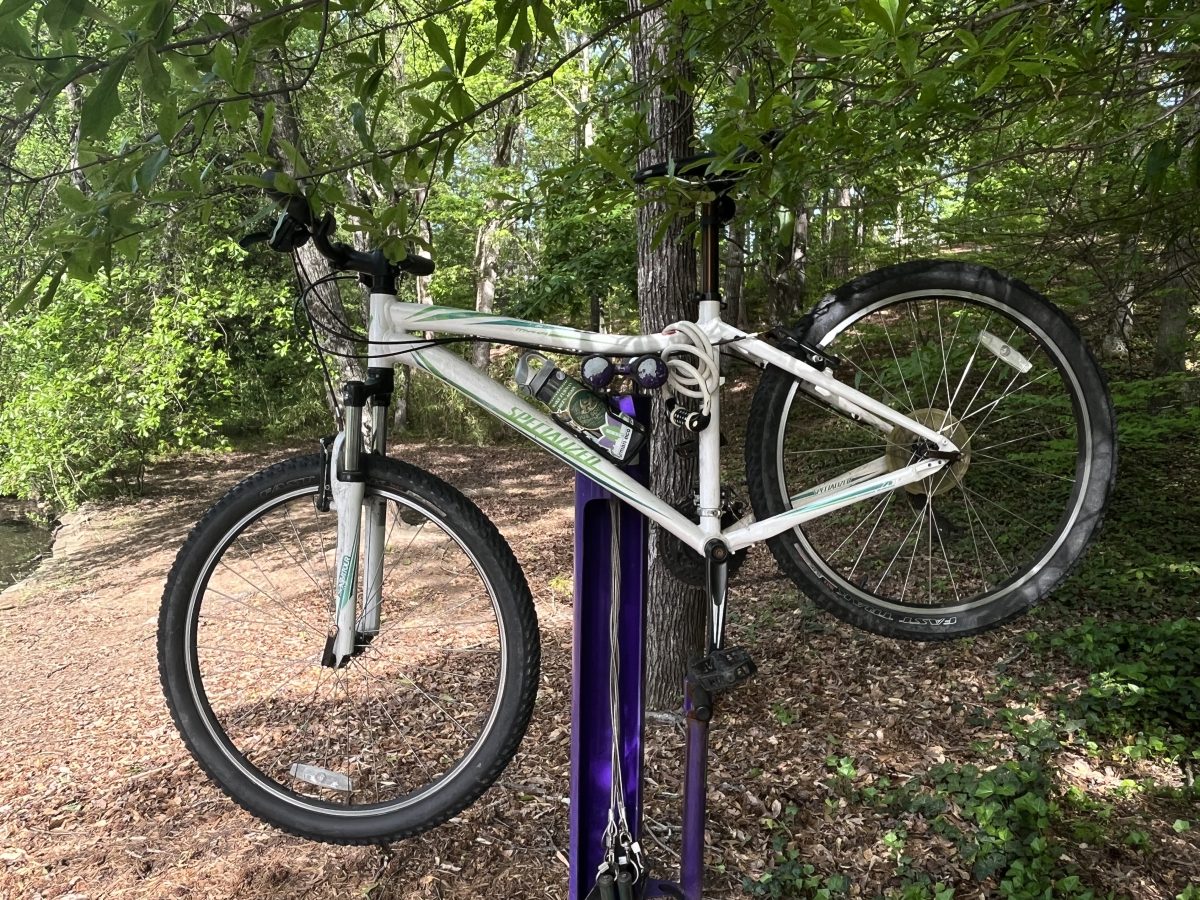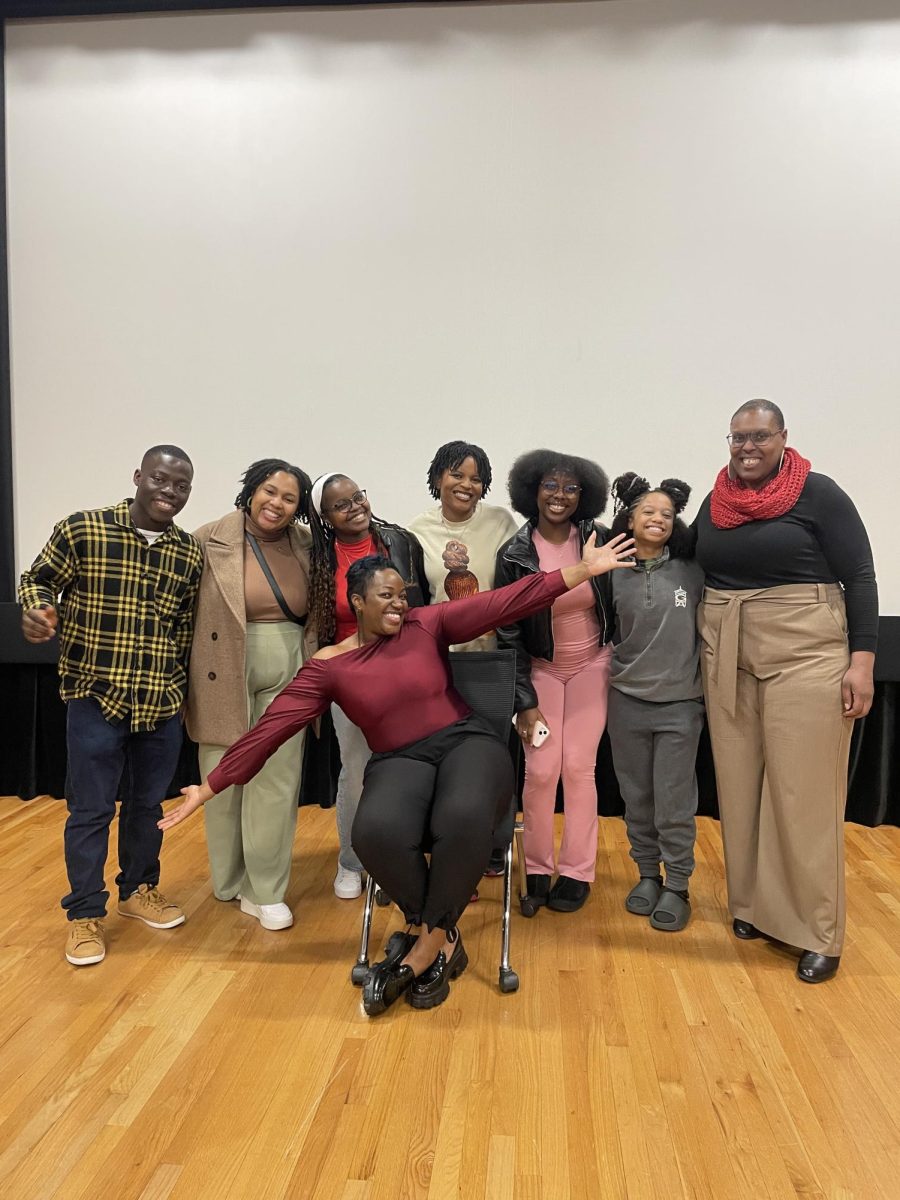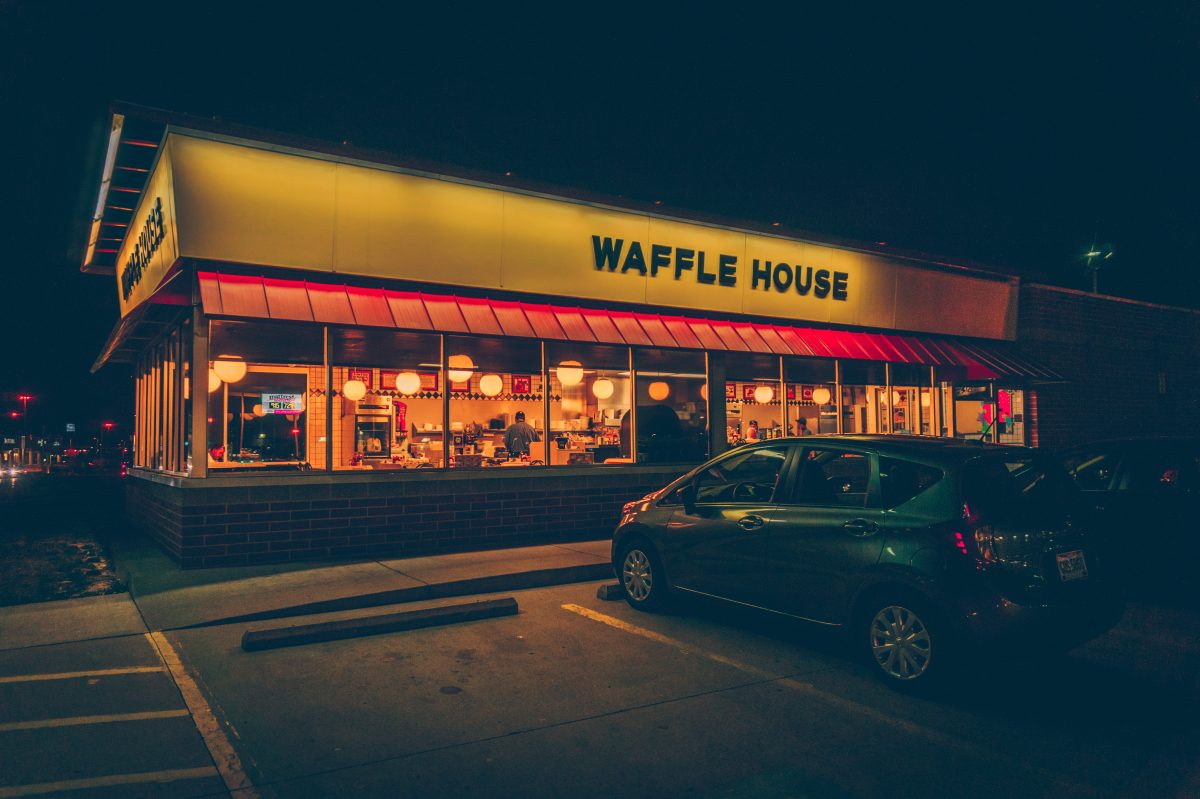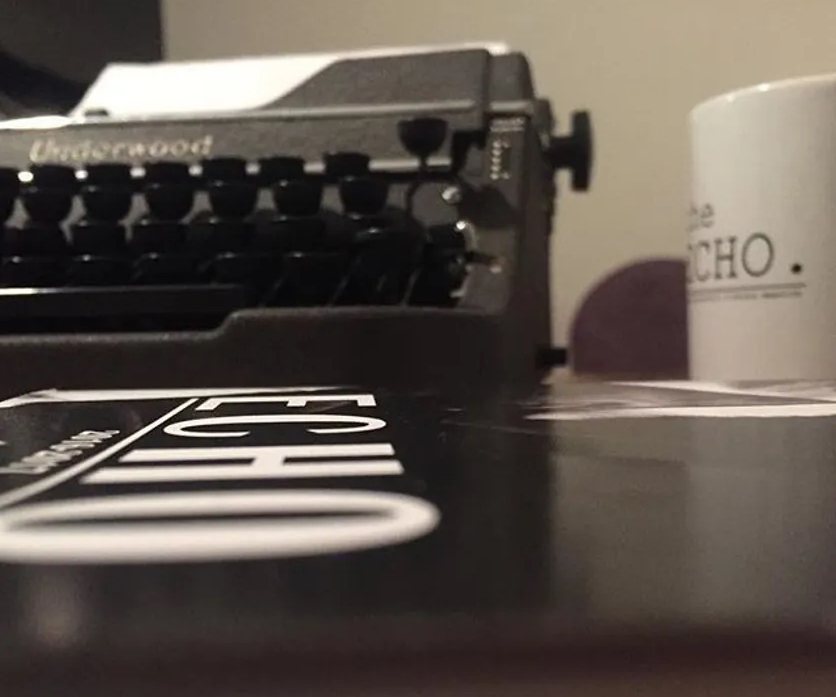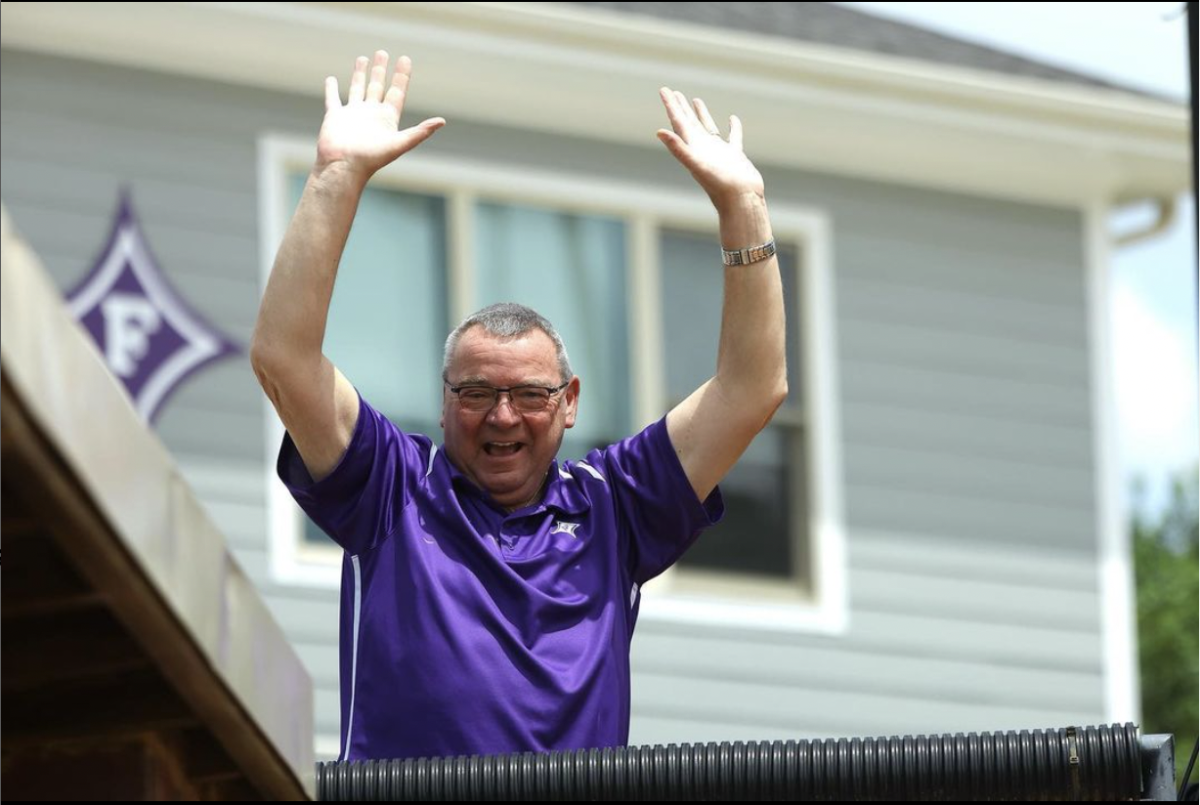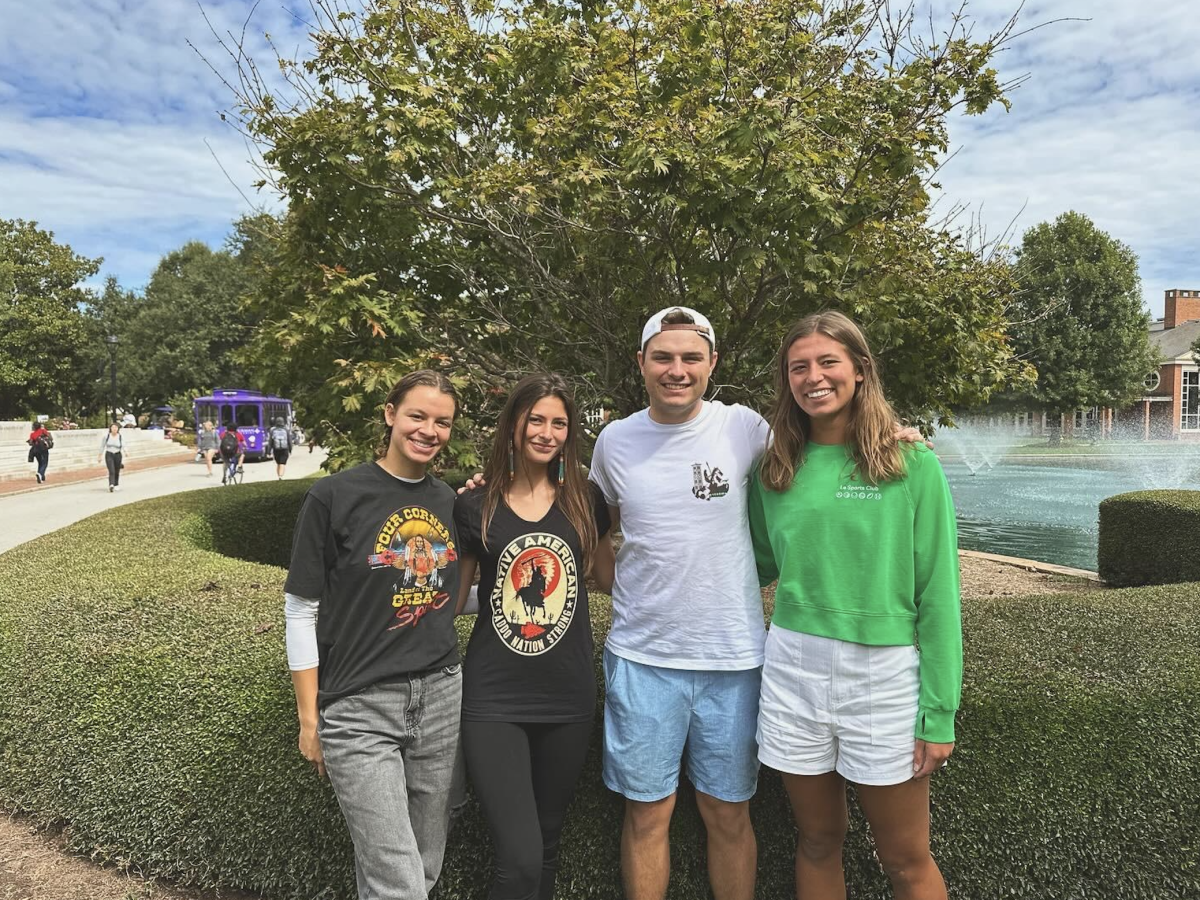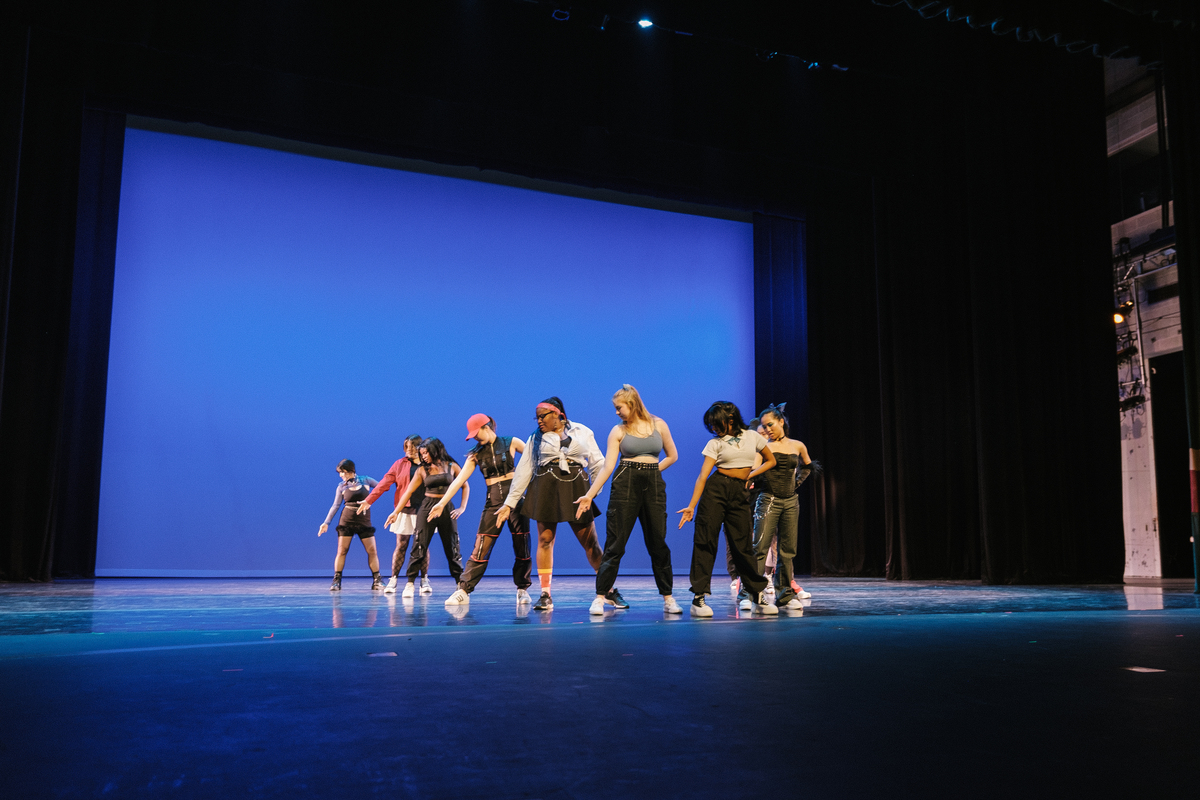Furman’s sustainability plan is more than a carbon neutrality commitment; it is a vision for a more sustainable campus community. Because walkable and bikeable spaces are a critical component of building sustainable and healthy communities, the Sustainable Furman plan includes an entire goal directly about transportation.
The Transportation System Goal is made up of three broad subgoals:
These goals reflect Furman’s carbon neutrality plan by addressing transportation’s role in Scope 1 (campus-owned vehicles) and Scope 3 (student- and staff-owned vehicles) emissions.
But how did we do in meeting these subgoals?
1. Travel and Offsets
Study away, conference attendance, and career treks are integral components of the Furman Advantage. This aspect of the Furman Advantage is in direct conflict with achieving carbon neutrality – a conflict that can only be resolved through massive carbon offset programs.
Currently, Furman only invests in two carbon offset programs. These programs do not sufficiently offset all carbon costs from transportation for University-sponsored travel. Our energy sustainability article discusses Furman’s current carbon offsets in more detail.
Furman does not estimate or track emissions due to student, faculty, and staff travel that is not directly sponsored by the University. This includes student travel between Furman and home during breaks, daily commutes for faculty and staff, and student trips to off-campus locations.
2. Campus Vehicles and Operations
The campus fleet of vehicles consists of a mixture of combustion engines and electric vehicles. Most of the electric fleet is currently limited to the golf carts, but Furman has continued to fulfill its commitment to acquire more energy-efficient vehicles as new equipment is rotated into the campus fleet.
Furman also made a commitment to explore adding a liquid natural gas fueling station for vehicles. At the time of the plan’s creation, LNG was touted as a cleaner alternative fuel for vehicles. However, the market has shifted towards electric vehicles, so a LNG fueling station was not built.
Furman also made an additional commitment to add hybrid electric vehicle charging stations, and the university has slowly added new stations over the years. To be clear: Despite the slow expansion, Furman is currently on track with or ahead of most other universities with respect to charging stations. Further, the availability of charging stations is clearly meeting demand – most stations are available most of the time. However, with the impending rapid electrification of consumer vehicles, the university will soon fall behind on the number of charging stations on campus unless action is taken.
Jeff Redderson, Associate Vice President of Facilities and Campus Services, explained that the University has steadily been adding level two charging stations, including recent additions in the South Housing parking lot.
However, Redderson noted the quickly changing electric vehicle charging landscape. “I see us adding charging stations in North Village and Clark Murphy,” said Redderson, “but I don’t think we can serve the whole population that way.” Redderson predicted that 15-minute, rapid charging stations will be the most common way for students to charge their vehicles, even expressing interest in potentially having a rapid charging station on campus.
Jimmy Looper, Energy Manager, also shared a valid complication: “We’re not currently giving [students] gasoline for their vehicles,” adding: “Furman’s [carbon and energy] footprint could possibly increase depending on how many charging stations we have.”
“We know [an increase in demand for electric vehicle charging] is coming,” said Redderson. “We’re still trying to figure it out.”
3. Education and Alternatives
The most ambitious strategy to create a more sustainable transportation system on campus was to implement education on transportation and alternative options.
In recent years no educational opportunities on greenhouse gas emissions generated by transportation have been facilitated. The only ways students can currently learn about everyday causes of greenhouse gas emissions include introductory courses in the fields of environmental or sustainability science. Education on sustainable lifestyles that would include information on transportation could easily be portrayed in a Pathways module. Signage in parking lots could also be an easy way to encourage campus community members to consider the emissions of driving on campus.
The next aspect of this strategy includes organizing carpooling on and off campus. Furman does not currently have any car-share or ride-sharing programs.
Over the years Furman has offered several different forms of alternative transportation. Offerings include shuttle services and bike rentals. However, the pages on Furman’s website with information on how to access these services have not been updated to reflect changes over the past few years.
The campus shuttle hours and communication have not been updated since the addition of the Furman Trolley, making it unclear of the plan’s goal of increasing operation hours has been fulfilled. The shuttle to off-campus locations, including Walmart and Downtown Greenville, has not run since the pandemic (despite unclear messaging on the website), preventing students without access to vehicles from easily visiting these places.
Joy Baker, Program Coordinator at the Shi Institute, shared that several students have been coordinating with the Shi Institute and Police Chief Milby on a project to study how the Furman Trolley can be improved. They found that most students were uninformed about alternative campus transportation, and they have created information to be added to new student orientation, planned an improved route and schedule (including a new stop at Trone Student Center), and developed signs to install at designated trolley stops.
Sustainable Furman includes a goal of creating a campus-wide bike program, but bike rental programs have actually declined at Furman in recent years. While the Shi Institute still rents a limited number of bikes for $35 a semester or $60 per year, students cannot easily rent a bike for a cheaper price and shorter amount of time on campus. The PAC used to offer free day-long bike rentals, but this program ended at least three years ago—information that has not been fully updated on Furman’s alternative transportation website.
Perhaps the most ambitious component of the plan was to “revise parking policies and research the effectiveness of changes in automobile registration fees to discourage casual car use on campus.” From personal communication with Furman community stakeholders, including staff and students, we have learned that this particular action is highly volatile. Senior parking passes are especially problematic to this goal as they facilitate casual on-campus car use for the senior cohort. Even students who study sustainability issues drive to most classes and meetings on campus when they receive this coveted parking pass.
What next?
We need a new plan that encompasses updated, clear, well-defined transportation goals.
Most of the current goals lack specific targets for each part of the goal, which makes it too easy to not make substantial, impactful progress. Intra-campus vehicle usage needs to be tracked, and goals should be set for reducing vehicle usage. Bike rental programs should have specific goals for bike count and rider participation. Clear plans for addressing and offsetting study away and conference transportation need to be created as well.
Most importantly, for a successful sustainable transportation initiative, we need Furman University to send a clear message from the highest levels of administration that sustainable transportation is a priority.



































